Advertisement
The AI industry is moving into a more practical and grounded stage, where production, strategy, and deployment are more closely tied to real-world demands. Nvidia has announced it will manufacture AI supercomputers in the United States for the first time, shifting part of its critical production closer to customers.
At the same time, Deloitte is increasing its adoption of agentic AI through deeper collaboration with Google Cloud and ServiceNow. Both steps show how companies are responding to growing demand by improving infrastructure and making intelligent systems more integrated and reliable for everyday business use.
Nvidia's decision to manufacture AI supercomputers in the US marks an important adjustment in its production strategy. The company, renowned for its powerful GPUs and advanced computing systems, has long relied on overseas facilities to manufacture the hardware that powers AI research, cloud services, and enterprise applications. Bringing part of that work to the US reflects both new opportunities and shifting priorities.
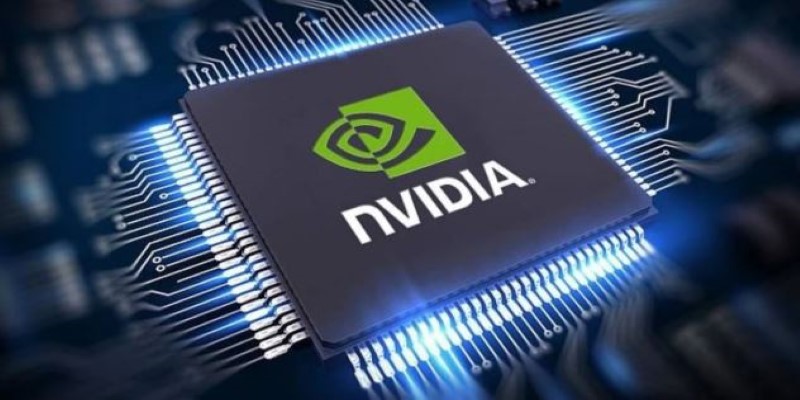
One of the reasons for the shift is the growing demand for supply chain resilience. Global disruptions over recent times have exposed the vulnerabilities of depending solely on offshore manufacturing for high technology. Local production enables Nvidia to shorten lead times, maintain greater quality control, and ensure customers a more stable supply of essential systems.
Government policy has also made domestic production more attractive. Programs like the CHIPS and Science Act have introduced incentives for companies investing in US-based semiconductor and advanced computing production. Nvidia’s move positions it to benefit from these programs while aligning with national goals around technological independence.
Technically, Nvidia's AI supercomputers are crucial for training and operating large-scale machine learning models. These systems combine thousands of GPUs, designed to handle the immense data and computation demands of cutting-edge AI. By building these in the US, Nvidia can better serve sectors that prefer domestically sourced technology, including healthcare, education, and government research.
While Nvidia hasn’t yet specified which supercomputer models will be made in the US or how fast production will ramp up, the decision reflects confidence in the growth of high-performance AI workloads. Analysts expect this step to encourage the development of local ecosystems that support advanced AI hardware, thereby opening opportunities for collaboration with universities and research labs across the country.
In parallel, Deloitte is advancing its work on agentic AI by strengthening ties with Google Cloud and ServiceNow. Agentic AI refers to systems capable of acting independently in defined contexts, handling tasks, and making decisions with limited human oversight. These systems appeal to businesses looking to streamline processes, improve response times, and reduce the burden of routine decisions.
Deloitte has already been testing agentic AI in functions such as IT operations, customer service, and supply chains. Its latest announcement shows a more coordinated approach: combining its consulting expertise with Google Cloud’s scalable AI tools and ServiceNow’s workflow management platform. Together, they aim to help organizations deploy intelligent agents that fit seamlessly into their existing processes.
Google Cloud brings sophisticated AI models and secure environments where agentic behavior can be trained and deployed. Its cloud infrastructure ensures these systems operate reliably and scale as needed. ServiceNow provides the framework for integrating intelligent agents into day-to-day workflows, so their actions remain aligned with business goals rather than acting in isolation.
Deloitte's role is to guide clients through the design and deployment process. Many companies lack the internal knowledge to create agentic AI that works reliably in their specific environment. Deloitte helps organizations adopt these systems, focusing on measurable results and ensuring smooth integration into established operations.
The combined approach allows clients to adopt intelligent agents with confidence that they will behave predictably, support employees rather than replace them, and contribute to achieving specific organizational objectives. This makes agentic AI more practical and appealing to industries that need both autonomy and accountability in their systems.
The AI landscape is moving toward a stage where infrastructure and application strategy are becoming more connected. Nvidia producing AI supercomputers in the US is expected to create a more localized and dependable supply of high-performance computing power, which is crucial for demanding projects. It may also open opportunities for smaller organizations and public institutions that previously struggled with sourcing advanced hardware due to export limits or supply delays.

Deloitte’s focus on agentic AI shows that organizations are seeking intelligent systems that combine autonomy with dependability and integration. Instead of adopting isolated tools, companies now prefer agents that can operate independently yet remain aligned with business processes and objectives.
For customers of both companies, these moves indicate that AI is leaving the experimental phase and entering regular operations. More accessible hardware and thoughtfully designed intelligent agents are helping organizations use AI in measurable, concrete ways that improve efficiency and decision-making.
As AI becomes a regular part of everyday business, priorities are shifting from testing to execution. Companies that invest now in domestic infrastructure and well-integrated agentic AI systems will likely find themselves better prepared to adapt to shifting demands and seize new opportunities as they emerge.
Both Nvidia’s and Deloitte’s decisions represent meaningful progress in making AI more grounded, reliable, and useful, laying the foundation for wider and deeper adoption across industries.
Nvidia’s plan to produce AI supercomputers in the US and Deloitte’s expanded adoption of agentic AI reflect a clear trend toward the practical and scalable use of artificial intelligence. Nvidia's move supports a more stable and accessible supply of advanced computing systems, while Deloitte's strategy helps organizations adopt intelligent agents that enhance operations without compromising oversight or goals. These steps demonstrate how companies are aligning their strategies with the realities of business needs and client expectations. Together, they point to a future where AI is more integrated, actionable, and adaptable for a broad range of industries and users.
Advertisement

How Edge AI is reshaping how devices make real-time decisions by processing data locally. Learn how this shift improves privacy, speed, and reliability across industries

How the Model-Connection Platform (MCP) helps organizations connect LLMs to internal data efficiently and securely. Learn how MCP improves access, accuracy, and productivity without changing your existing systems

How using open-source AI models can give your startup more control, lower costs, and a faster path to innovation—without relying on expensive black-box systems

How can vision-language models learn to respond more like people want? Discover how TRL uses human preferences, reward models, and PPO to align VLM outputs with what actually feels helpful
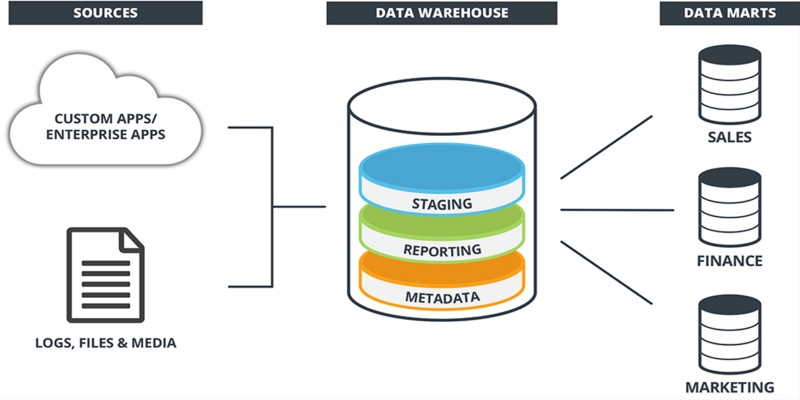
Learn what a data warehouse is, its key components like ETL and schema designs, and how it helps businesses organize large volumes of data for fast, reliable analysis and decision-making

What's fueling the wave of tech layoffs in 2025, from overhiring during the pandemic to the rise of AI job disruption and shifting investor demands
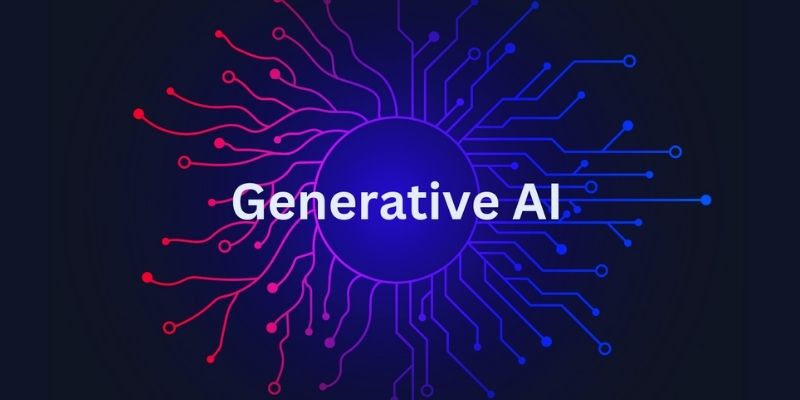
Learn how the healthcare, marketing, finance, and logistics industries apply generative AI to achieve their business goals

An AI health care company is transforming diagnostics by applying generative AI in radiology, achieving a $525M valuation while improving accuracy and supporting clinicians

AI saved Google from facing an antitrust breakup, but the trade-offs raise questions. Explore how AI reshaped Google’s future—and its regulatory escape
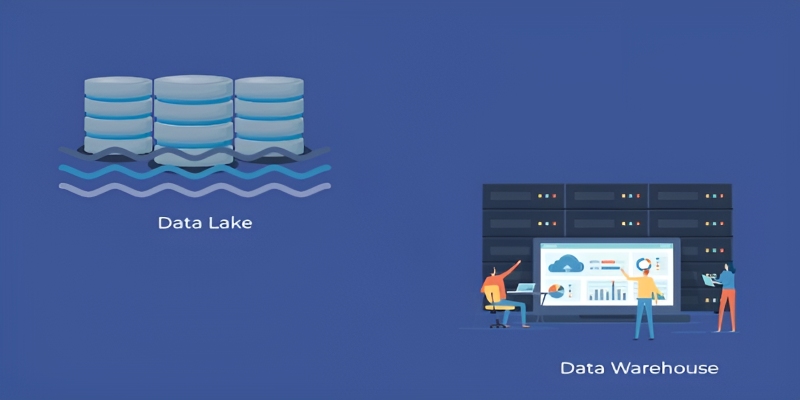
Wondering whether a data lake or data warehouse fits your needs? This guide explains the differences, benefits, and best use cases to help you pick the right data storage solution
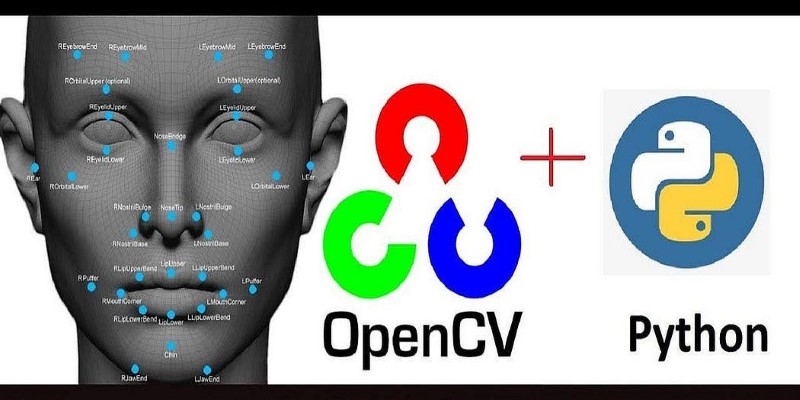
Ready to make computers see like humans? Learn how to get started with OpenCV—install it, process images, apply filters, and build a real foundation in computer vision with just Python
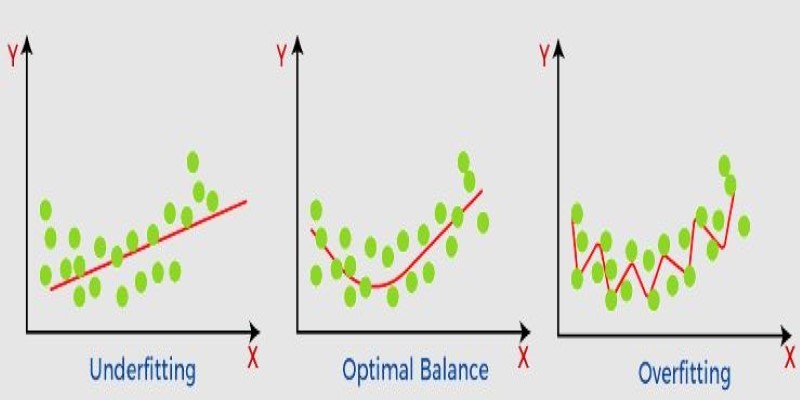
What non-generalization and generalization mean in machine learning models, why they happen, and how to improve model generalization for reliable predictions